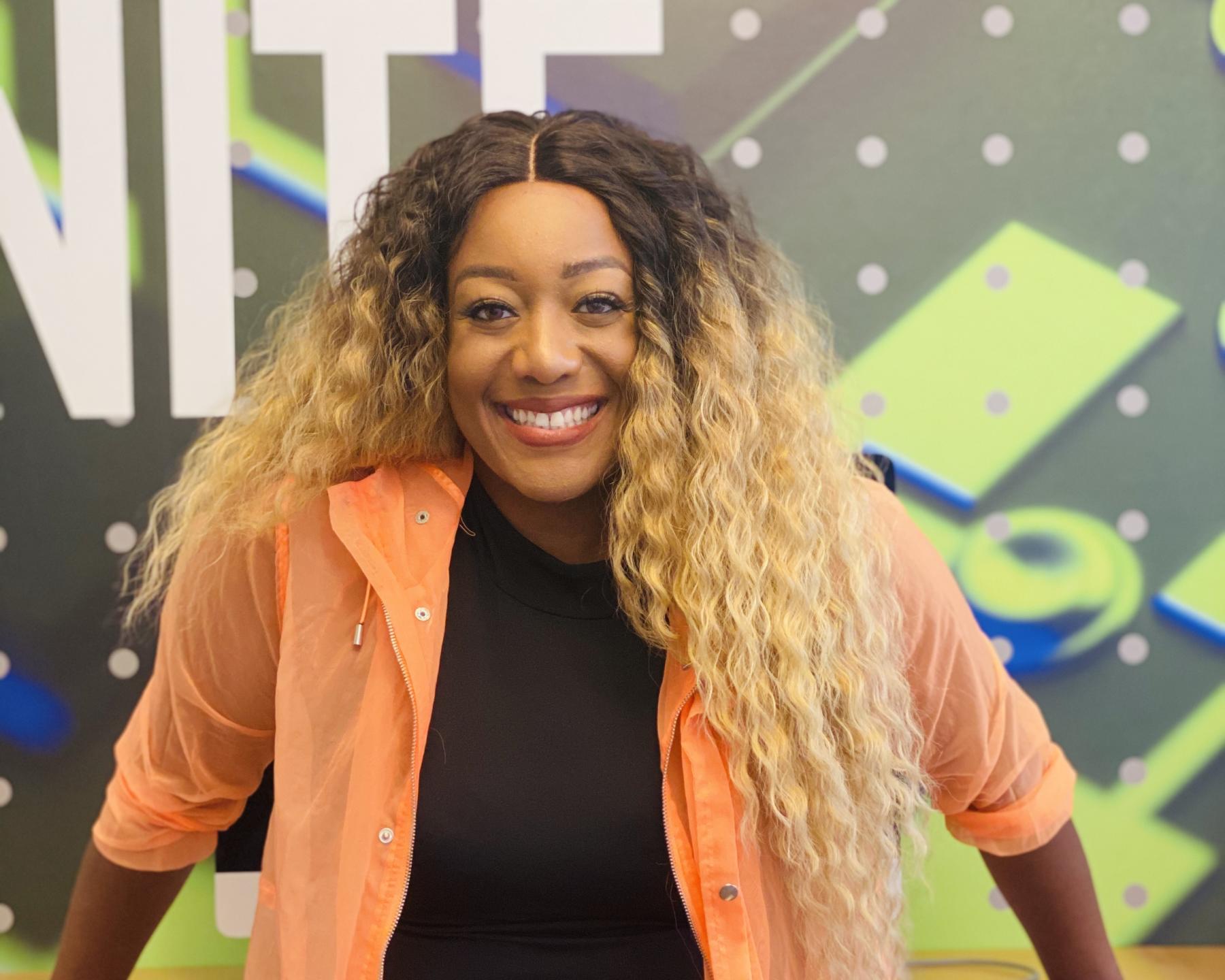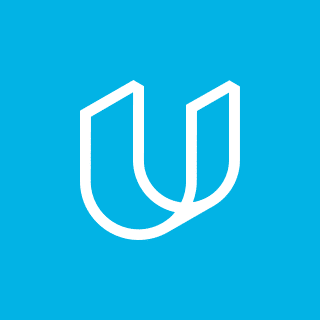
The amount of data generated every day is mind-blowing. In 2018, 2.5 quintillion bytes were created every day. In 2020, that number is significantly larger. And not only is data abundant, but it’s also valuable. But what happens when data gets into the wrong hands?
That’s where cybersecurity comes in. Cybersecurity is a field dedicated to protecting companies from hackers trying to steal data for blackmail, profit, or anything else.
Meet Dr. Christine Izuakor, one of the leading cybersecurity specialists who not only teaches about the subject at Udacity, but also formed a cybersecurity startup to help companies address their online data security needs. We discuss the current state of cybersecurity, advice for breaking into the industry, and more in this Q&A with Izuakor.
What are you currently focused on and excited about? Both in and out of the office?
There is always something to be excited about in cybersecurity, and it’s a topic that touches my life both in and out of today’s virtual “office.”
What I’m most focused on and thrilled about is the recent launch of my cybersecurity startup, Cyber Pop-up. To first provide some background, early in my career, I grew to love doing pro-bono cybersecurity projects for nonprofits. I knew that every company needed cybersecurity support, but all did not have access to affordable services. I also knew that completing those projects would help me get the experience I needed to be a better cyber professional. It was a career growth hack and a win-win!
As I completed the pro-bono projects, I quickly realized that this lack of access to affordable and flexible cybersecurity services didn’t just apply to nonprofits. Small and medium-sized businesses were met with similar challenges. I also knew that because of the widening cybersecurity talent shortage, the problem wasn’t going to disappear soon. It’s a challenge for every business, no matter what size.
I became obsessed with addressing these two challenges: Lack of flexible security services and the shortage of cybersecurity talent. And thus, Cyber Pop-up was born. It’s the ultimate pop-up shop where cybersecurity experts from a variety of backgrounds come together to deliver on-demand cybersecurity services to modern-day businesses. It’s this same passion and interest that led me to become a Udacity instructor as well. All in all, I am excited about building the next generation of cybersecurity professionals!
Outside of the office, I‘m most excited about the freedom that entrepreneurship brings to my life. I worked in a somewhat traditional corporate environment for the first decade of my career, and it was amazing! I learned and contributed so much, so quickly. However, I had some pretty rigid schedule requirements at times. Today, as a cybersecurity entrepreneur, I’m in a different arena. While I work even harder than ever before, I also have more flexibility than ever. If I want to spend a day working at the pool or on a beach, I do it. If I feel I’ve been working too hard and want to take a day off in the middle of the week to do nothing, I do it. That flexibility is priceless.
Your career goals have changed over time. Is there anything you’d like to share about the experience of transitioning fields (challenges, advice, etc.)?
I think it’s important to get a diverse range of experience in cybersecurity. There are so many different domains, and each is an exciting new journey of discovery, learning, and eventually mastery. Furthermore, I always knew that I wanted to become an executive leader in cybersecurity and quickly learned that doing so requires a balance of technical and management skills. With that in mind, I was very strategic about the career goals and shifts that I made to ensure I maintained that balance in my resume. I was very mindful of the certifications, credentials, and experiences that were in demand and then built my career transition goals around those.
Transitioning into different domains in security can be quite overwhelming, especially if you don’t start with a technical background. There are a lot of potential paths and hurdles to consider, but that doesn’t make it impossible. The reality is that it’s totally doable for anyone who is determined and works hard toward the goal.
I get endless questions from students and professionals about careers in cyber and have mentored thousands on creative ways to get into cybersecurity. To help answer these questions on a larger scale, I created The Ultimate Guide to Building a Career in Cybersecurity where I share all of my secrets and insights into what it takes to become a cybersecurity professional. It’s been a golden resource to many who have questions like: Do I need to get a degree in cybersecurity? Which certifications should I pursue? How can I transition into cybersecurity from another career path? What can I do in cybersecurity if I am not technical? How can I get creative in getting hands-on experience early in my cyber career? I answer all of those questions and more in the book. You can check it out here.
As a first-generation Nigerian in America in a largely white, male-dominated field, do you have any advice for breaking into and excelling in the cybersecurity industry?
One of my favorite quotes is, “Be so good that they can’t ignore you.” I believe that as a person of color in the tech industry today, that’s what I have to do. Be epic. In-depth knowledge, performance, and credentials command respect. When you’re the best at what you do, and people desperately need your skillset, they tend to care less about what you look like or where you came from. So I focused on being an eternal student, constantly learning as much as I could, honing my skills, and growing to a point where I knew my domain really well.
At the same time, I also had to be mindful of my own imposter syndrome. As I grew in my career, the battle became making sure that I believed in myself just as much as everyone else did — even when I was the only woman or the only person of color in the room many times. I’d constantly reassure myself in my head that I earned my place here through hard work and dedication. Sometimes, I go back and read my resume or read my bio just to remind myself of who I am and why I “have a seat at the table.” It’s truly an ongoing journey.
What would you like to see change about the cybersecurity industry?
Having a global and diverse perspective on tackling security challenges makes such a huge difference in business. Yet this industry is still lagging when it comes to diversity and inclusion. I believe that gap is a hindrance to progress, and that’s something that I am dedicated to changing. We have to remember that malicious hackers hail from all around the world. To combat that, as we build teams to defend against cyberattacks, we need the same level of diverse thinking and perspectives to tackle threats in innovative ways.
What I want to see change is more diversity and more access to opportunities in cybersecurity for people from all backgrounds. I’m delivering on this mission in many ways, including through Cyber Pop-up. We continue to work with various organizations to open-up access to security resources, increase diversity in the industry, and transform the way that the world views cybersecurity. Our customers can feel good knowing that every project they request is making a difference.
What key advice would you give Udacity students?
Never stop being a student. Every minute that you are not learning new things in cybersecurity, the relevance of your knowledge is dwindling. Things change so quickly! It’s important to dedicate yourself to a life of continuous learning from day one of your cybersecurity journey.




